Meet your interviewers
Meet the Department 5th November 2020
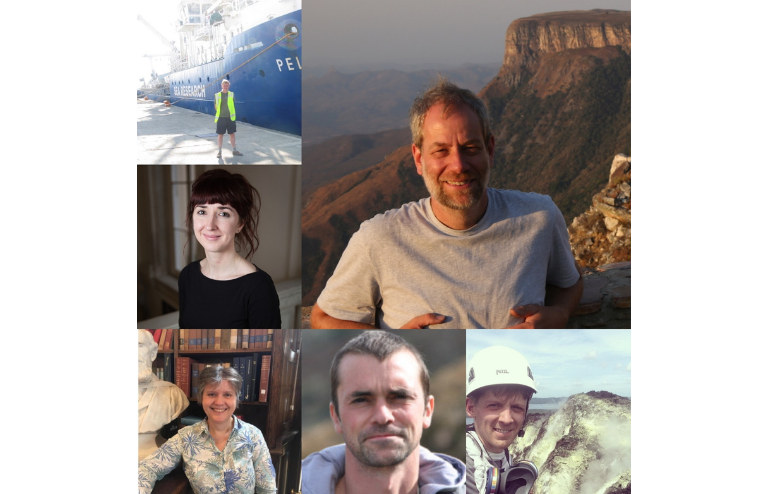
If you have applied to study an undergraduate programme with us at the Department of Earth and Environmental Sciences, you may have been invited to a Virtual Visit Day. These events include an interview aspect – but we want to reassure you that this is nothing to worry about! The interviews help us to get a more rounded view of you and your application to study here and allow us to discuss with you your suitability and commitment to the course. We also take into account any contextual information such as exceptional circumstances or personal barriers to learning that you may have faced.
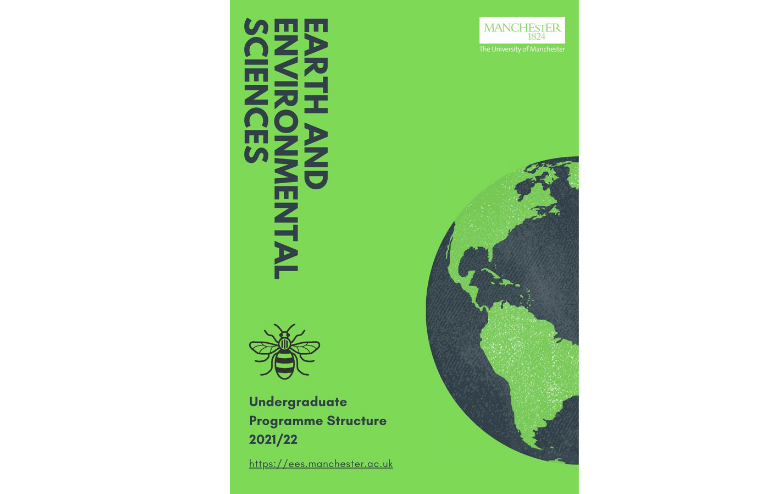
You can read more about our modules, pathways and degree structures in our programme structure booklet for 2021.22. The booklet contains interactive links to module outlines for you to investigate in your own time.
This blog post is designed to enable you to find out more about the Earth and Environmental Sciences interviewers as well as their research and teaching. Have a look at their biographies below.
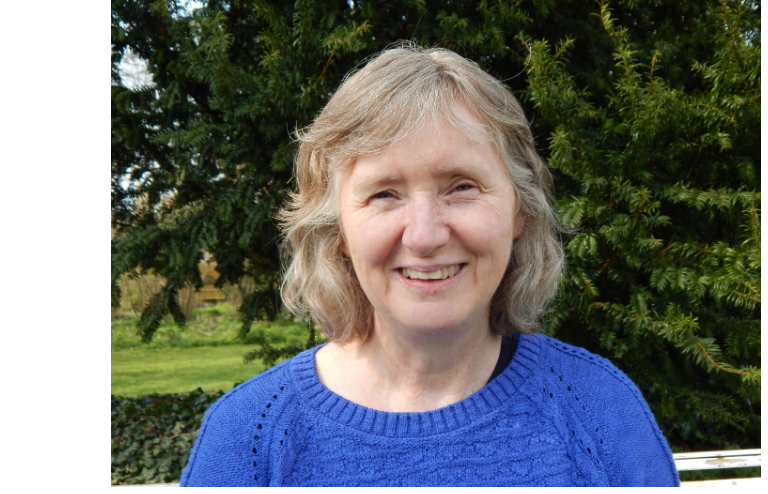
I am a planetary scientist and a geochemist. I study meteorites to learn about the formation and history of the Solar System. I teach Chemistry of the Earth in the First Year, and Meteorites and Planetary Materials in the Second Year. I supervise planetary science independent projects in which students study the mineralogy and geochemistry of meteorites. I am also the Admissions Tutor for the Department.
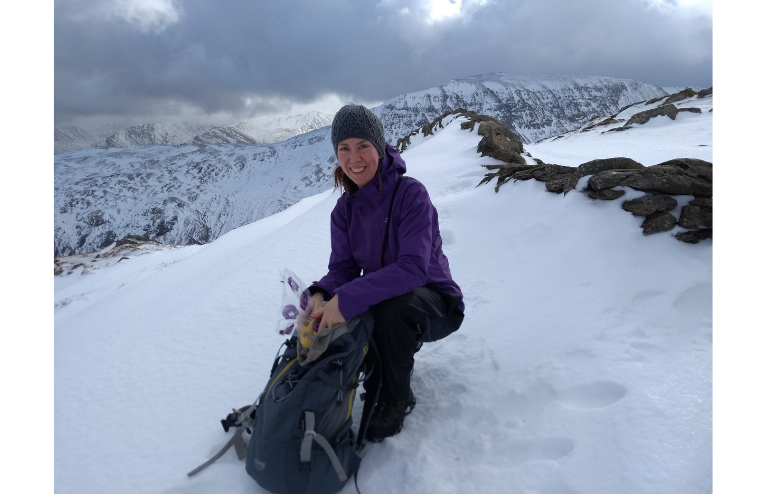
I am an igneous petrologist, and I’m interested in how magmas are stored and transported beneath volcanoes. I use geochemical techniques to measure the concentrations of dissolved magmatic gases that can drive explosive volcanic eruptions. I teach Igneous Minerals and Processes in the second year, and I supervise independent geoscience projects in the third year.
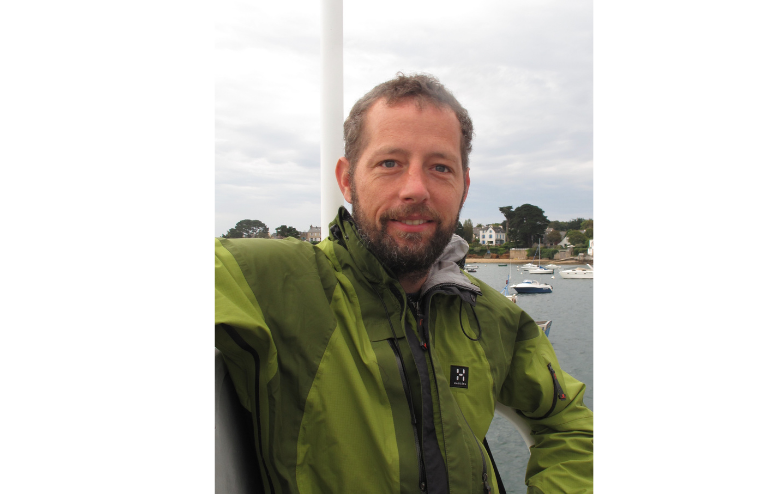
I am a experimental geophysicist. I study how rocks flow and fracture at depth and how the physical properties of rocks change with insitu conditions. I run a laboratory where we can deform rocks and measure there properties form just under the grass up to 1300 \deg C and about 10 km depth. We use this equipment to investigate topics as wide as how water in the mantle weakens olivine to hydraulic fracture of shale and carbon capture and storage.
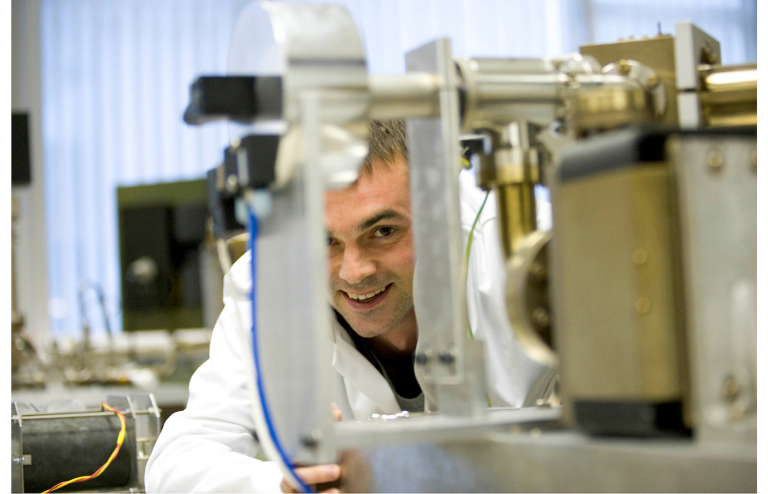
I am a geochemist with a wide range of interests across geoscience and environmental science. Much of my research focuses on noble gases and includes evolution of volatiles in the solar system and other planets but, closer to home, i am also interested in understanding systems such as geothermal energy and carbon capture and storage. I spend a lot of time on mass spectrometers. I run the year in industry programme and I am also pathway coordinator for PEP.
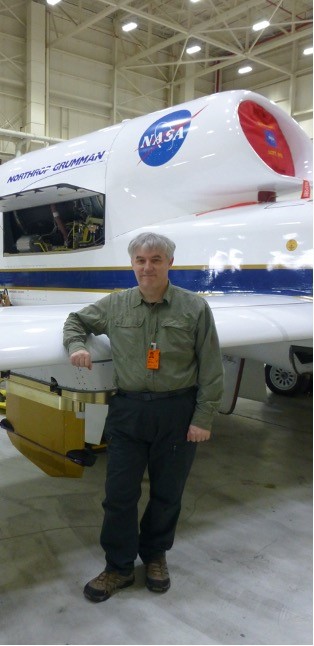
I am an atmospheric physicist interested in clouds and aerosols. I study how atmospheric aerosols are exchanged with the surface of the earth, and how they eventually interact to form clouds and rainfall and alter the Earth’s climate. Clouds and aerosols represent the largest uncertainties in climate models. We use a range of instruments for measuring clouds and aerosols, which we install on research and commercial aircraft to fly over many parts of the globe, from the Arctic to the Antarctic, over oceans and into the stratosphere.
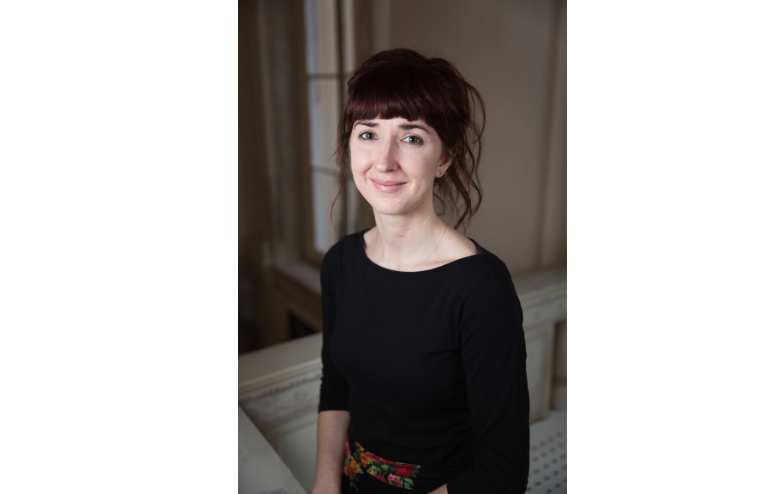
I am a planetary scientist. I study rocks from the Moon to understand the geological hisory of Earth’s nearest planetary body, and I study the chemistry and age of meteorite samples originating from the asteroid belt and Mars. I also analyse data from planetary science missions. I will introduce students on the planetary pathway to how we explore the Solar System in year 2 and take 3rd year students to visit an impact crater in Germany to learn about comparative planetary processes.
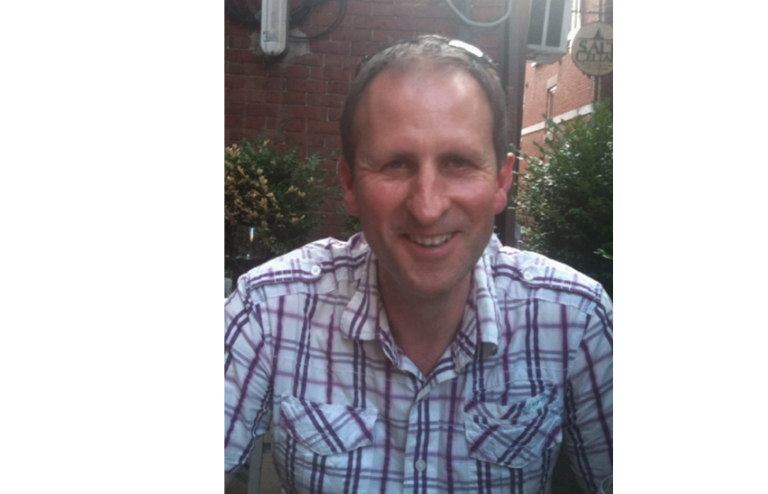
I am a geoscientist and I both teach and undertake research in sedimentary geology and sub-surface energy systems. I work both in the field and in the laboratory and I am currently interested in the application of geoscience to help society decarbonise energy and reach NetZero carbon dioxide emissions to address climate change.
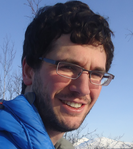
I am an atmospheric scientist. I am interested in storms, particularly in tropical regions, and how land-use changes are influencing climate. I also research how well climate models can represent rainfall (which is a big challenge!) and how climate model uncertainty might influence predictions of climate impacts.
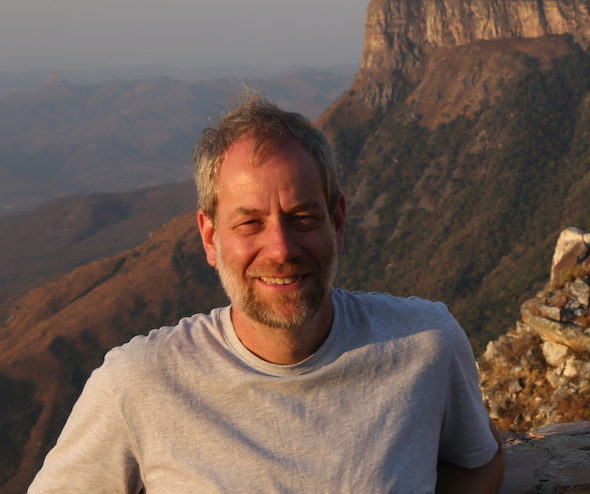
I am a geologist with an interest in sedimentary rocks and how they record past environments and climates. My research and field work take me from rocks with early evidence of life (some 2.5 billion years old), through limestones formed in tropical seas, to modern lakes where we look at the interaction between microbes and sediment, and how crustal fluids are involved in the formation of limestone travertines.
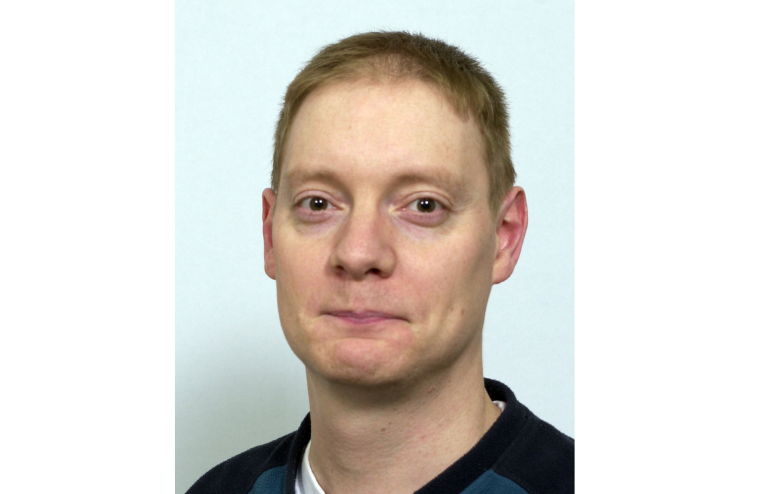
I am a plant and microbial biologist with an interest in understanding how organisms respond and adapt to environmental stresses. I investigate the cellular molecular and metabolic mechanisms of adaptive responses and also explore how these organisms may be exploited for environmental solutions, such as for metal and radionuclide pollutant bioremediation, or using biomass for generating biofuels as a means to offset fossil fuel derived greenhouse gas emissions. I teach some of these aspects in a third year unit.
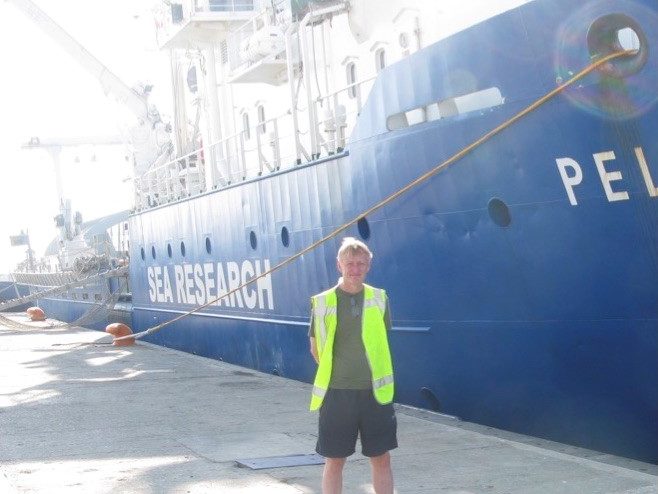
I am a geologist with an interest in marine geology, geophysics and geomorphology. I use sonars to study seabed structures in a variety of environments from deep sea (where the oceanic crust is formed) to coastal, including sand banks off South Wales and lavas and landslides in the Azores volcanic islands.
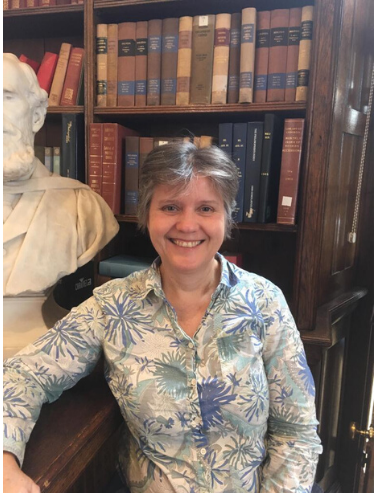
Dr Merren Jones
I am a geologist interested in how sediment is moved by water and air. I study how atmospheric dust causes damage to aircraft engines, and the deposits of ancient rivers on Earth and Mars. I will take you on a journey through time from the earliest moments of our Universe’s Big Bang, to the physical evolution of the Earth and its changing climatic, tectonic and geodynamic systems over its 4567 Ma year history.
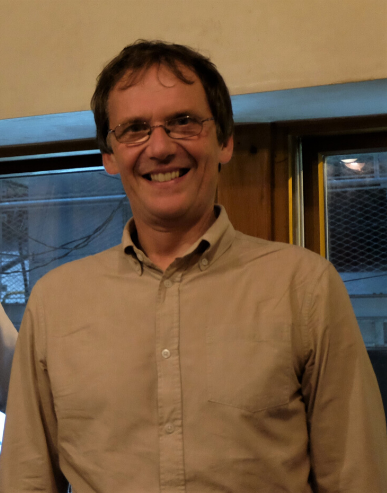
I am a geochemist and geologist. My research is mainly related to understanding how volatile elements are cycled between the solid Earth and the atmosphere and oceans. I teach first year practical skills, fieldwork including geological mapping skills and some third year geochemistry.
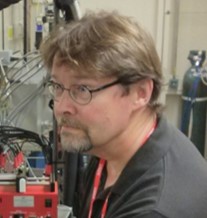
I am a geochemist with interests that include the analysis of fossil and extant biological tissues, biomineralization, contaminant and nutrient mobility and speciation, geodisposal of radioactive waste, and wastewater treatment. I study these processes using electron and ion beam analysis, X-ray and infra-red spectroscopy, and synchrotron radiation.
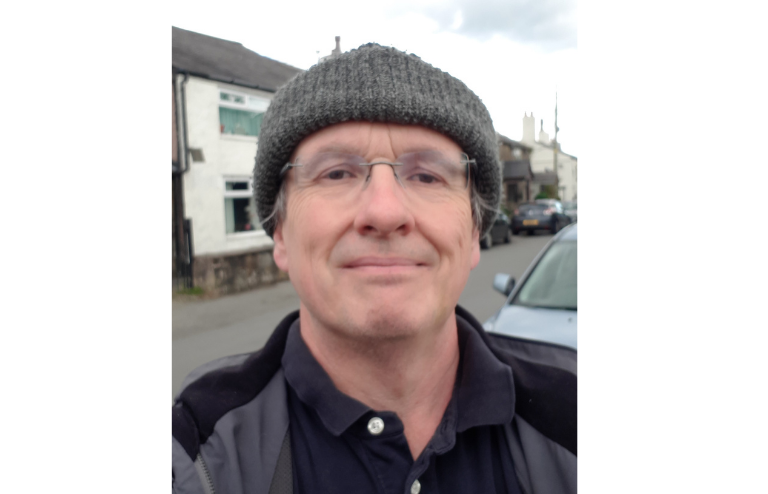
I am a planetary scientist. I study meteorites and other extraterrestrial samples to learn about the history of our solar system and the planetary bodies within it. I also teach a number of planetary science courses in the department.
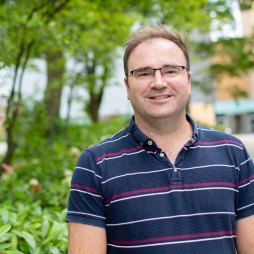
I am an atmospheric physicist specialising in the measurement of greenhouse gas fluxes from human activity and the natural environment. My research often involves flying drones or research aircraft to measure pollution around the world (my most recent trip was to Zambia and Uganda to measure methane emissions from swamps). I am also the Programme Director for BSc Environmental Science.
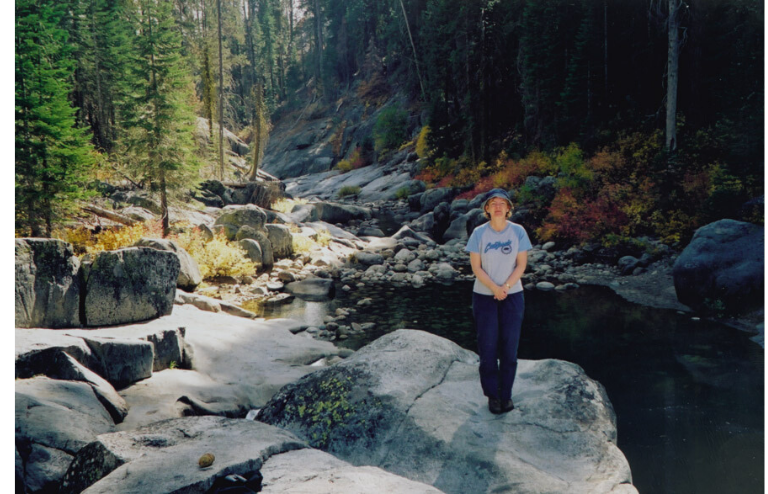
I am an ecologist and environmental scientist and I study carbon cycling in soils. I will lead some of your practical and field classes.
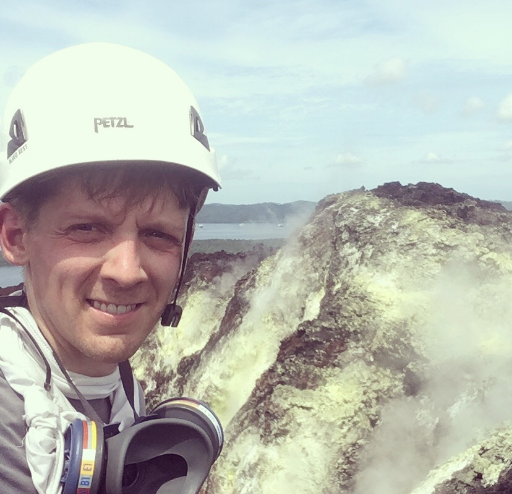
I am a volcanologist. I study volcanic gases and erupted rocks. I do a lot of fieldwork, collecting gases from volcanic vents or making measurements with drones, and I also use satellite observations and lab-based analyses of gas and rock chemistry. I am interested in how volcanoes influence Earth’s climate, and how monitoring gas emissions help us to forecast eruptions. I teach Igneous Minerals and Processes (2nd Year) and Volcanology (3rd Year), as well as the 3rd year field trip to Italy.
earth scienceEnvironmental ScienceInterviewinterviewersundergraduate

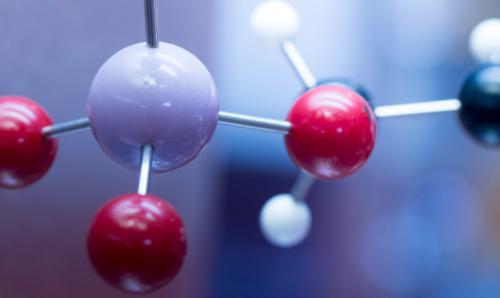
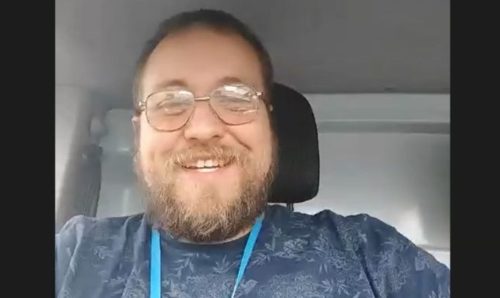
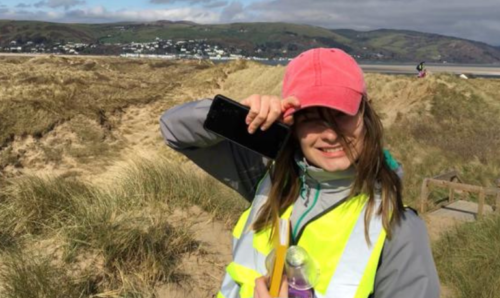
Leave a Reply